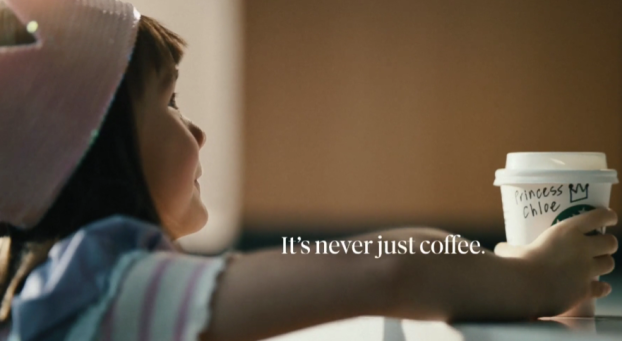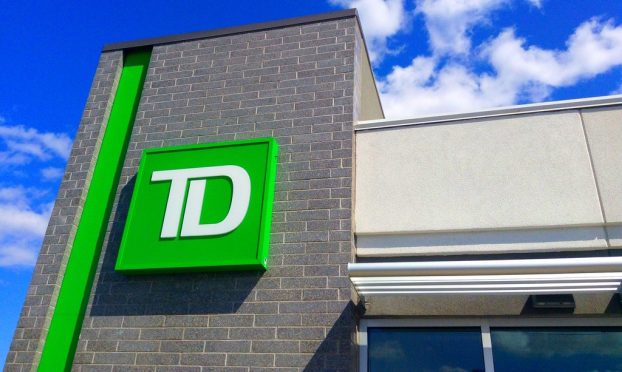Did you hear? Unilever took home two Grand Prix from Cannes this past summer. But Dove is strategy’s overall brand of the year not because of the awards it’s won, but because of the effectiveness of the Campaign for Real Beauty – in both brand-building and elevating Canada’s role in global marketing campaigns. What started as an experiment has become a solid commitment to a new world order in consumer goods marketing, in which big brands take big risks and reap big rewards. What the Cannes Lions did was endorse the effort, and encourage more of it.
Cannes film jury president Bob Scarpelli, chair/CCO, DDB Worldwide, applauded Unilever for taking the lead among CPG companies. ‘We’re seeing an evolution here,’ he said. ‘The bigger companies are realizing you have to engage people, and the way you need to reach the consumer has changed.’
Geoff Craig, VP and general manager, brand-building at Toronto-based Unilever Canada, sees that as an opportunity for both Unilever Canada and Canadian CPG marketers in general. ‘I would like to see us on the radar more than we are, because of successes. I think Canada has a unique ability, as the world of marketing is changing, to be nimble, faster, quicker.’
‘Evolution”s success has solidified Unilever Canada’s role as a leading voice on the direction of the global brand. ‘I think there is an expectation that the work coming out of Canada will be very creative, it’ll be excellent and it’ll push some boundaries,’ says Craig. ‘Ultimately it has to translate into business results, and the business results we have in this country are pretty much superior, in terms of share, to any other country in the world.’
ROI talks. And other parts of the company, such as Unilever U.S., are now listening to Canada’s winning marketing formula of one-half social action and
one-half social media. Added together, they equal one big bang for the brand.
‘Evolution’ alone has brought in an estimated $190 million in PR to date, while market share grew 10% in 2006 (Unilever declined to give numbers for 2007, saying only that the current share has grown vs. last year, and continues to outpace market growth).
Dove is also no longer just a ‘beauty bar’ – this year’s CreamOil and Pro-Age lines, Energy Glow face moisturizer and various hair care line extensions are the latest additions to a product portfolio that has expanded exponentially under the Real Beauty banner since 2003.
The success of ‘Evolution’ – which cost $135,000 to make and next to nothing to distribute – has cast a halo over two new films also created by Toronto’s Ogilvy & Mather. While ‘Evolution’ started from Canada and worked its way around the world, ‘Onslaught’ and ‘Amy’ launched globally on Oct. 11, a year later.
Craig says even that was risky. ‘On ‘Evolution,’ the local PR fed on itself as it went from country to country in a short time. This time around, [we did] it as one bang. Which way will be more effective? That will be answered one day.’ With around 700,000 views on YouTube in the first two weeks, ‘Onslaught’ fell short of the two million Ogilvy says ‘Evolution’ received in that time.
The films aim to raise awareness of the Dove Self-Esteem Fund and the relaunched website campaignforrealbeauty.ca (.com in the rest of the world). Developed by Toronto web firm 58Ninety and supported by viral outreach and online executions by Capital C, also of Toronto, the site offers a virtual toolkit for girls aged 11 to 16, as well as their mothers, mentors and teachers. It’s designed to facilitate discussion about self-esteem issues, and picks up where the Canada-wide workshops, engineered by Toronto-based PR firm Harbinger Communications, left off last fall, after reaching 2,600 participants in 13 cities. Toronto-based PHD is Dove’s media AOR.
‘We didn’t set out to do what we accomplished with [‘Evolution’],’ admits Sharon Macleod, who was on the campaign at launch and recently stepped in as brand-building director, skin care and deodorants, replacing Mark Wakefield (who ran the brand from April 2004 to August of this year before moving to Ferrero Rocher). ‘We were doing it to put people in workshops.’
What started as a grassroots effort became a global phenomenon in which cause equity and social networks are key to consumer engagement. Then-VP global media for U.K.-based Unilever Plc Alan Rutherford encouraged the method in 2006, and Dove was one of the first to take advantage with ‘Evolution.’ Six months after it launched in Canada, the spot was picked up by Unilever U.S. ‘A lot of things have happened here and rolled out in the U.S., which is often the opposite of what we see,’ says Macleod. ‘More and more, though, things are happening at the same time, frankly because a lot of the work we’re doing has been very successful.’
But with success comes responsibility. ‘Onslaught’ launched to a dose of skepticism as well as acclaim. The Unilever brands Axe, known for its allusions to ‘sexploitation’ films in its male-oriented advertising, and Slim Fast, a diet aid, seem to promote the very images Dove is battling. But while some push for consistency, the broader public has embraced Dove’s stand.
‘Consumers realize there is a dialogue with marketing,’ says Philippe Garneau, founder and ECD, GWP Brand Engineering. ‘They’re aware that the ultimate goal is to make shareholder value go up.’
None of this has deterred Dove as it dives further into culture and away from advertising to deliver its message. To support Pro-Age, launched in February and designed for women 50-plus, Dove is producing a play called Body and Soul, starring 12 ‘real’ women who auditioned via the website doveplay.ca. The play, which will debut at the Young Centre for the Performing Arts in Toronto next April, is perhaps Dove’s most experimental use of media to date – and Macleod says it illustrates the new, fearless Unilever.
‘There was a time when a play seemed crazy, and now it’s happening,’ she says. ‘That’s what’s so exciting about being a marketer in Canada. As companies become more global, the value and the exciting marketing are happening here.’























